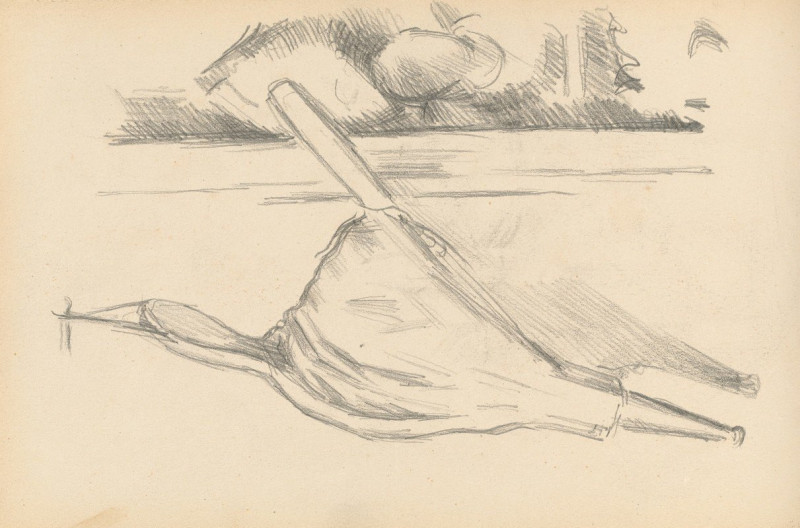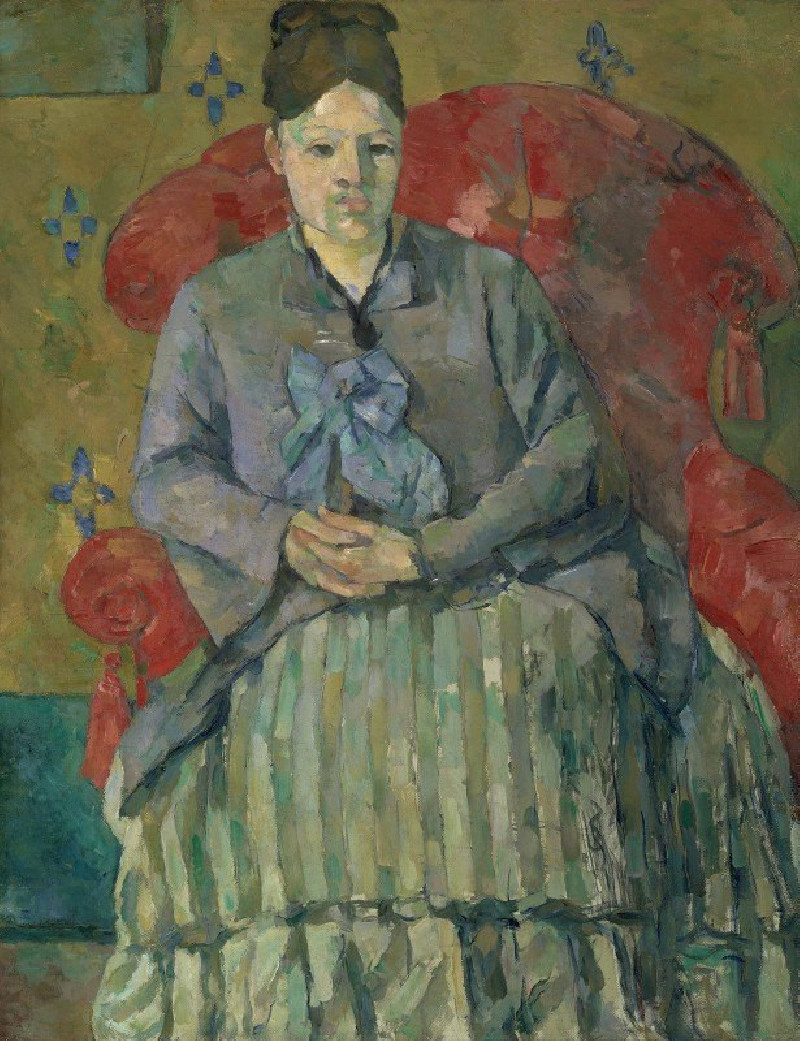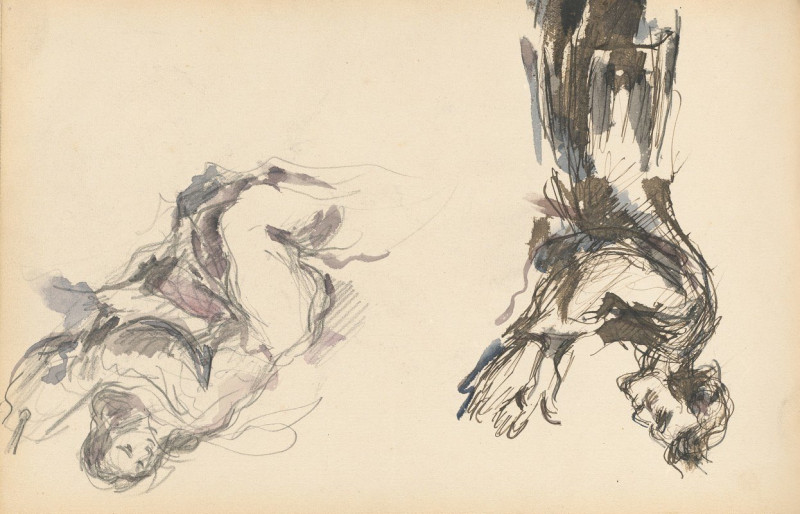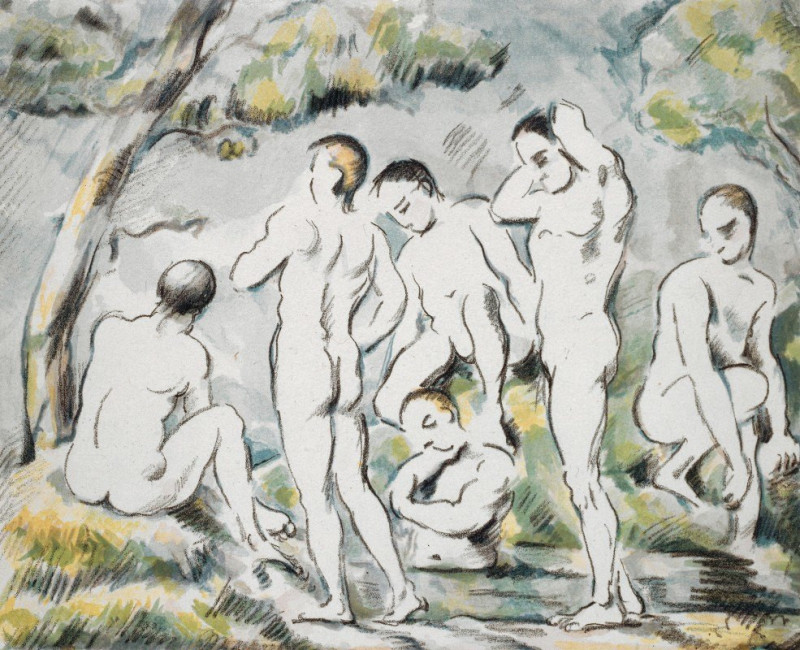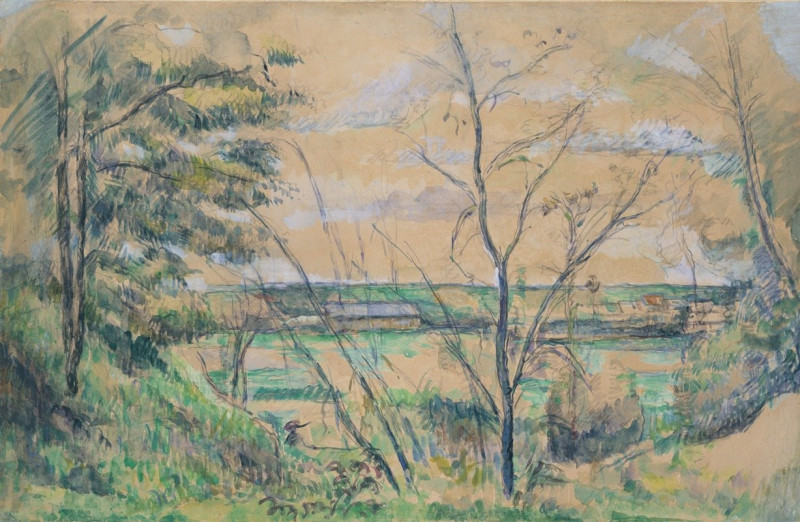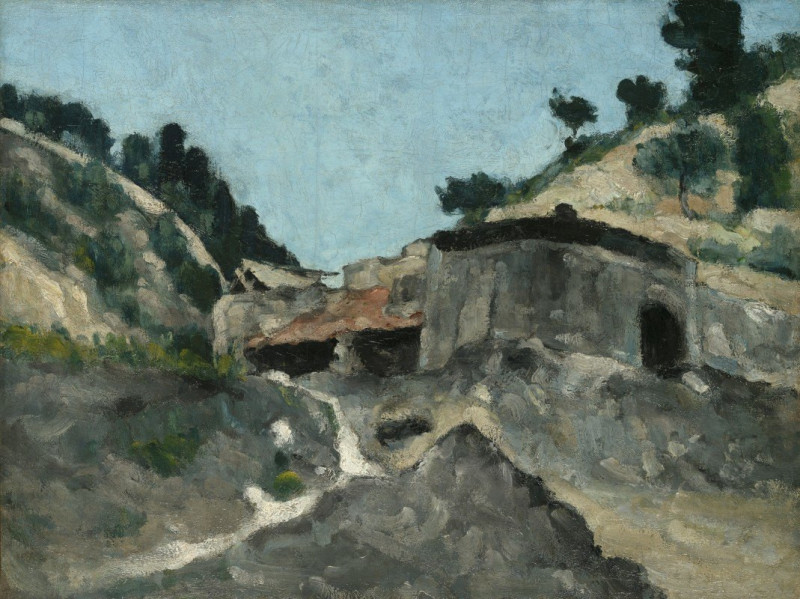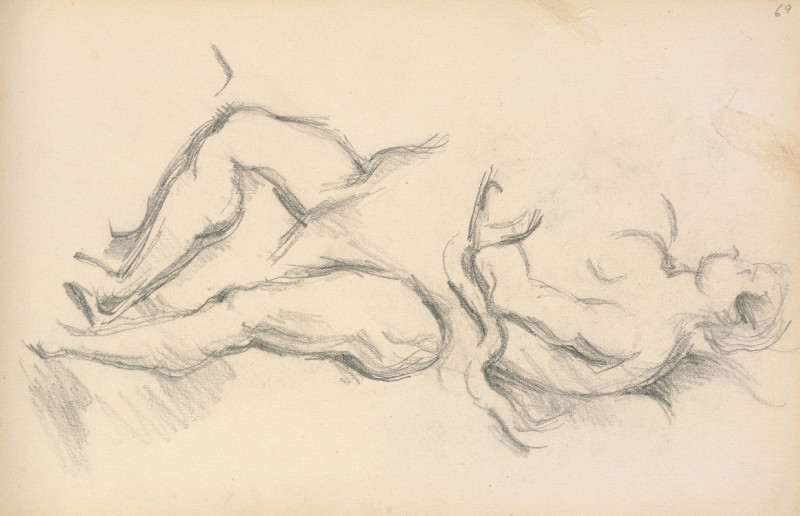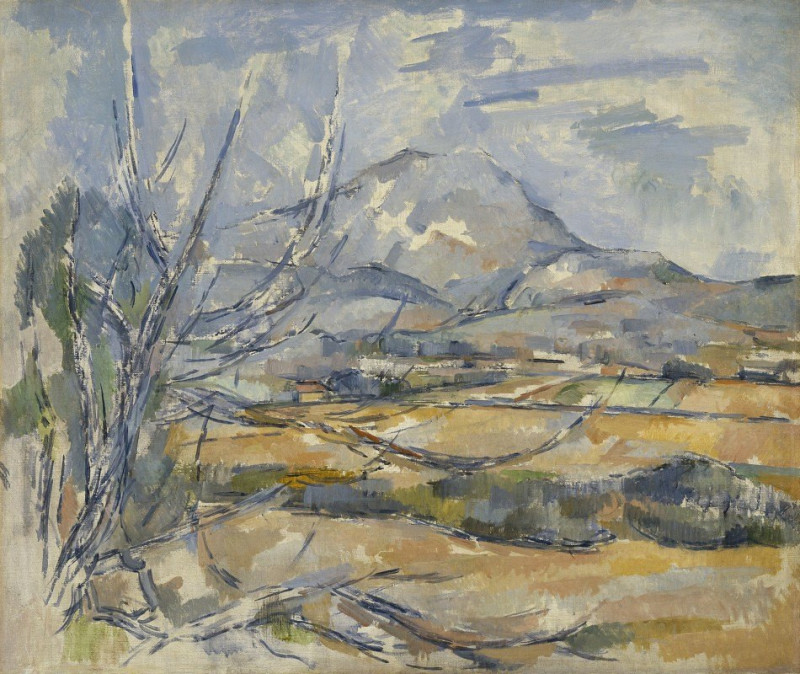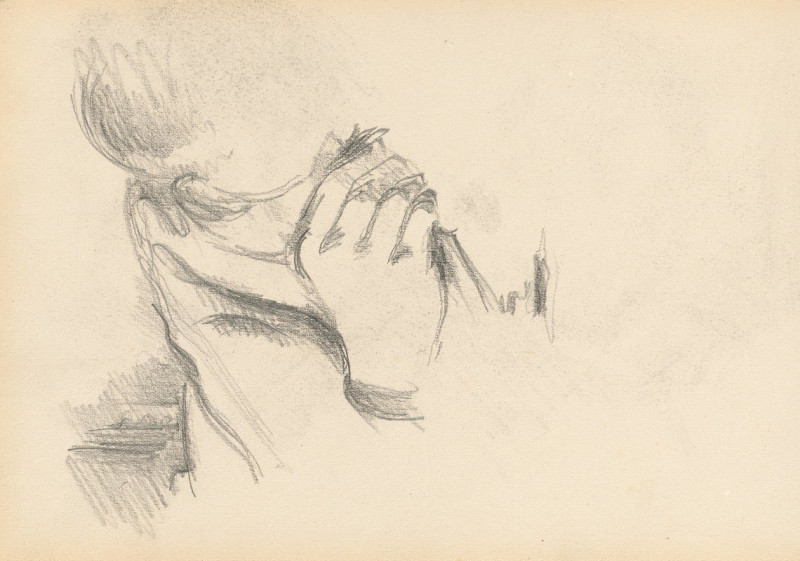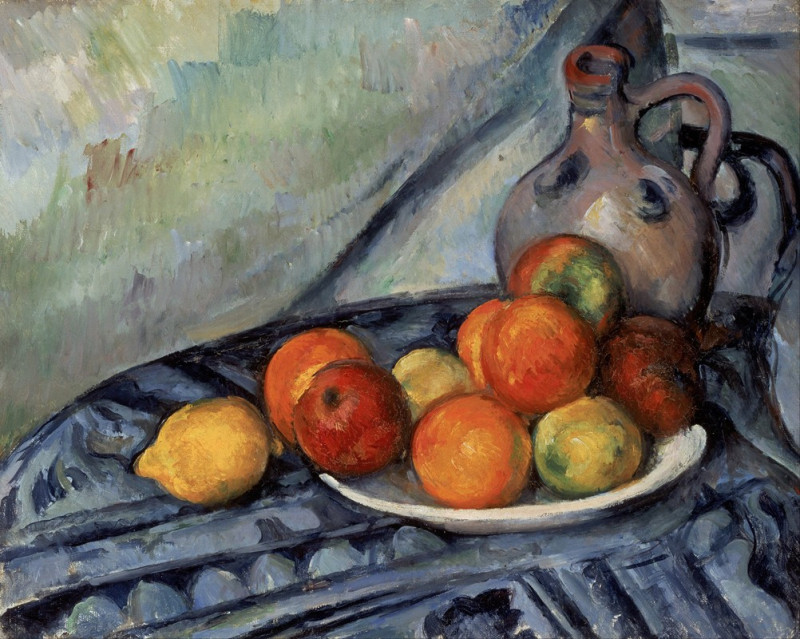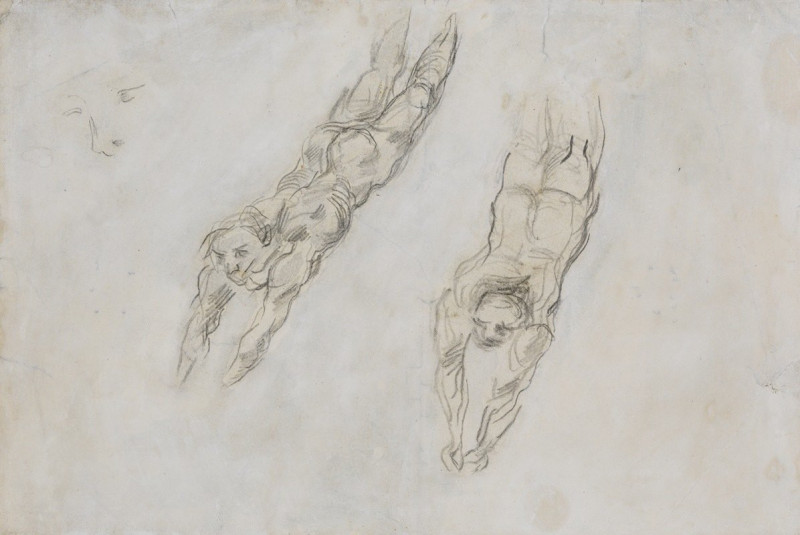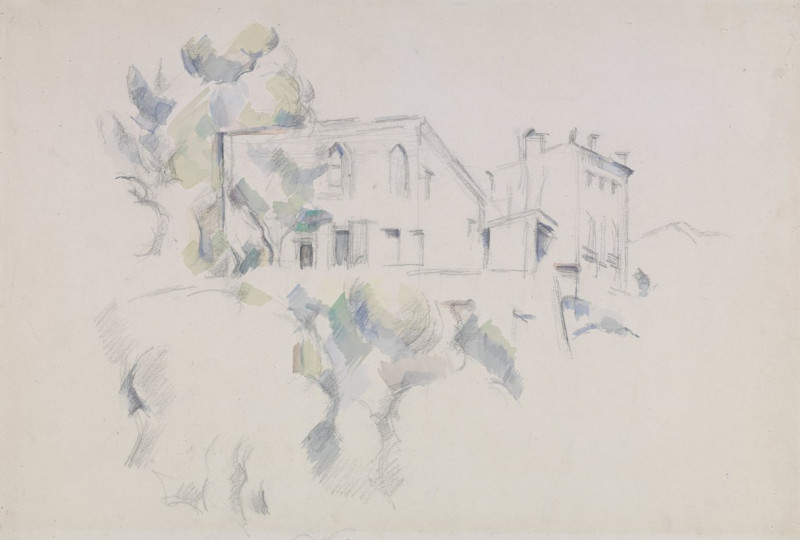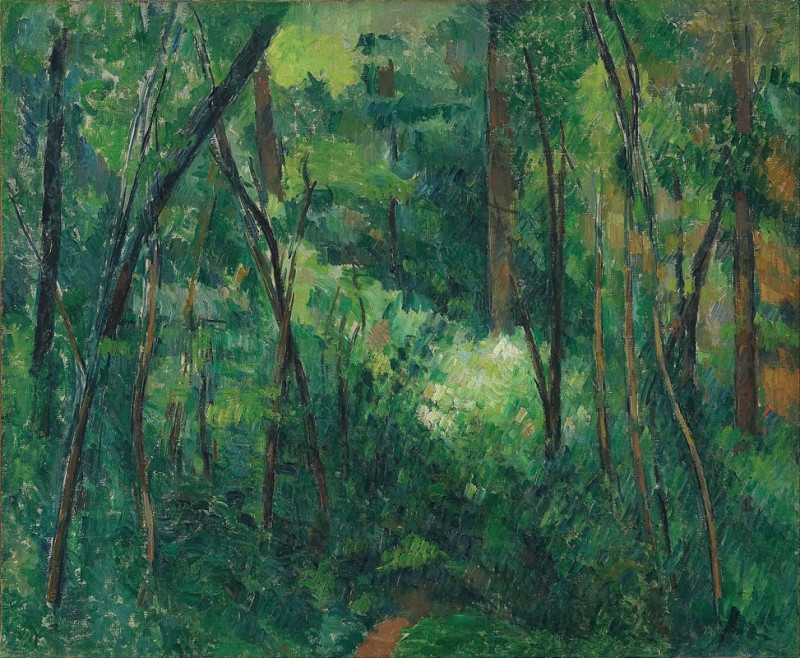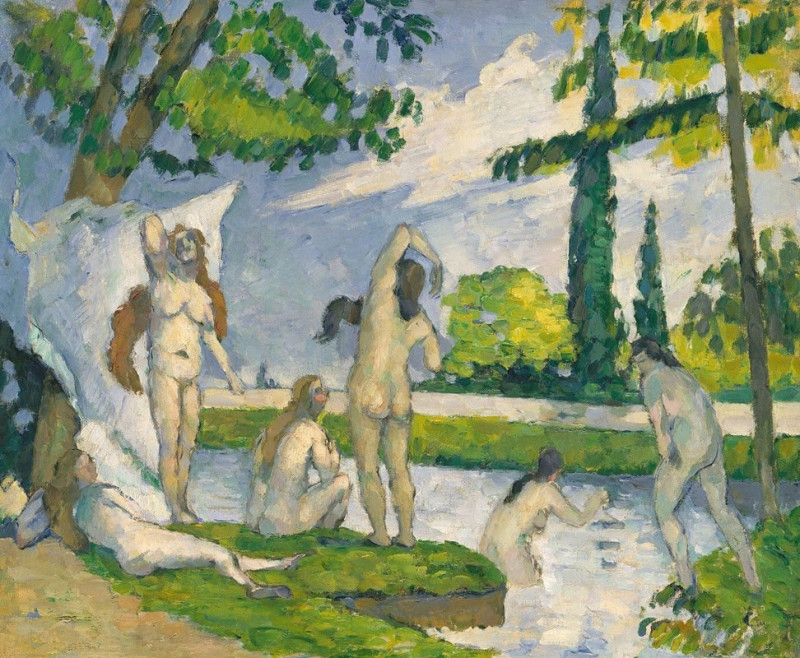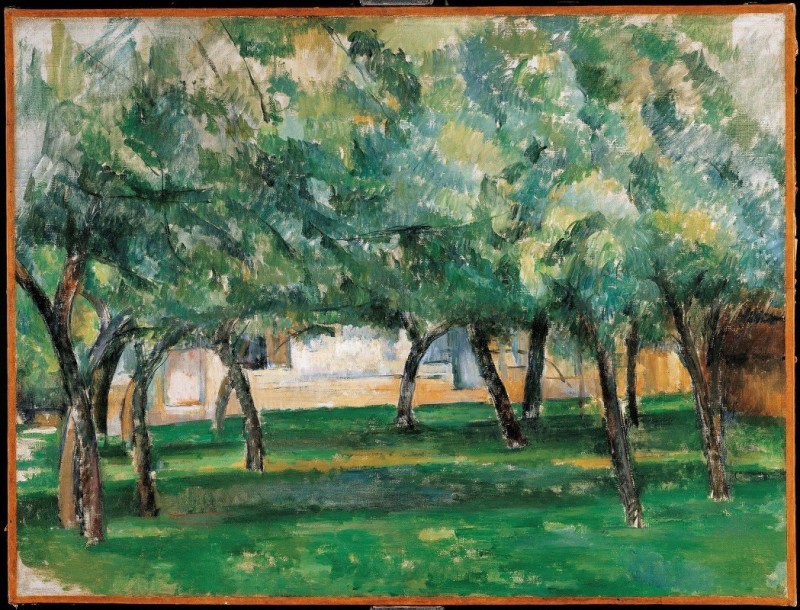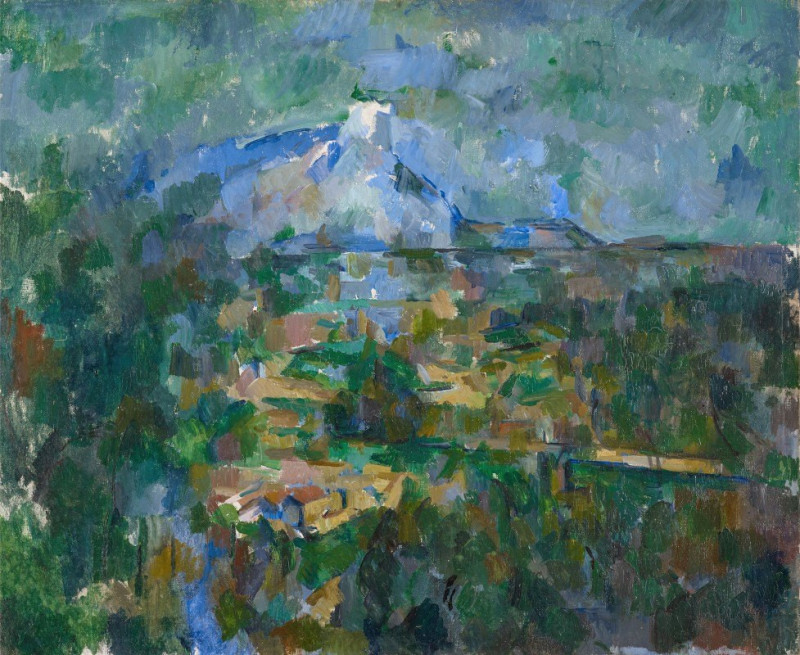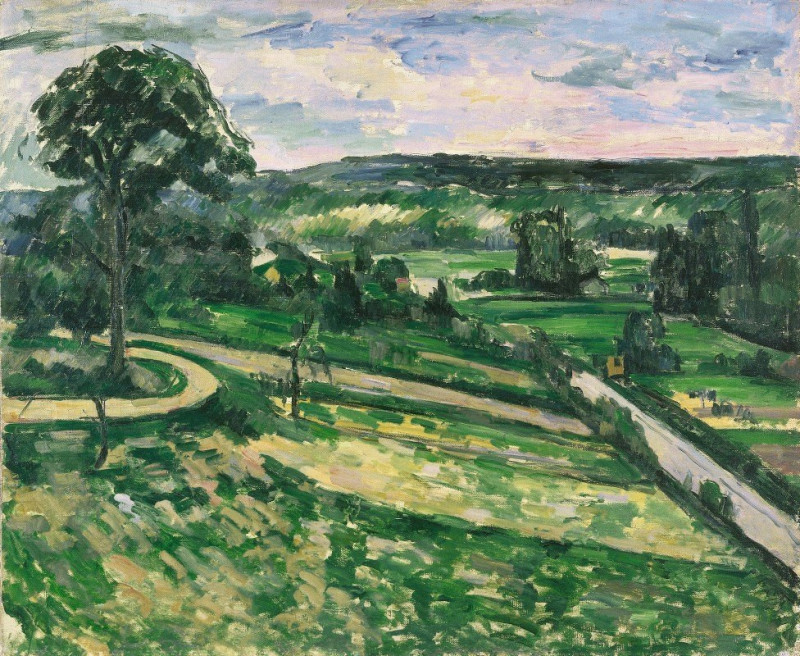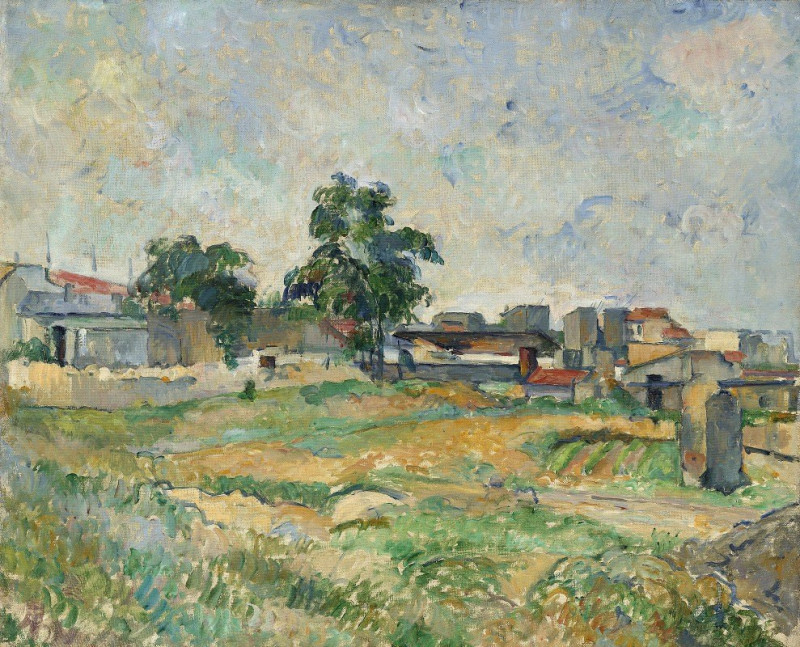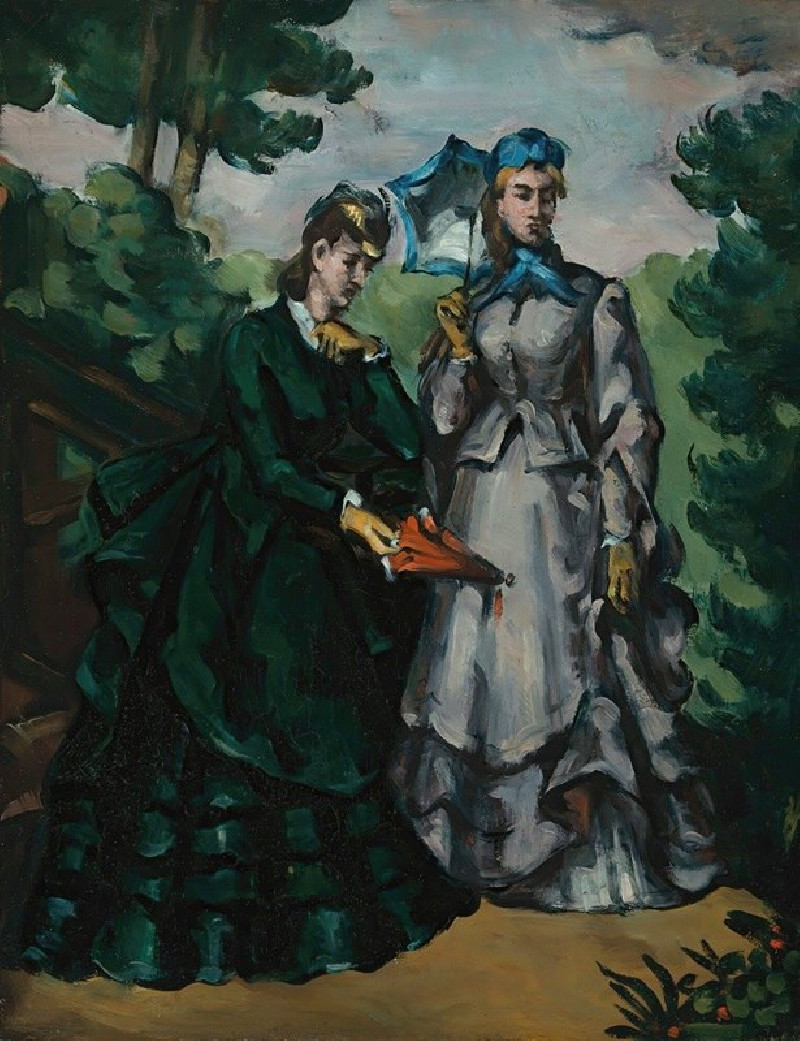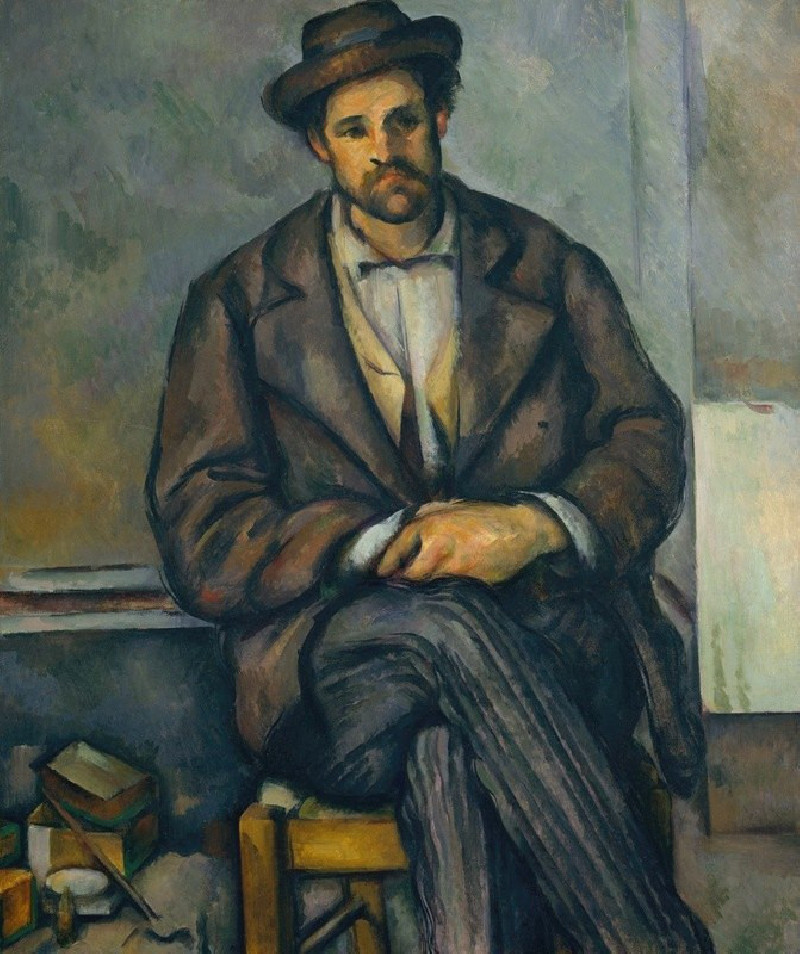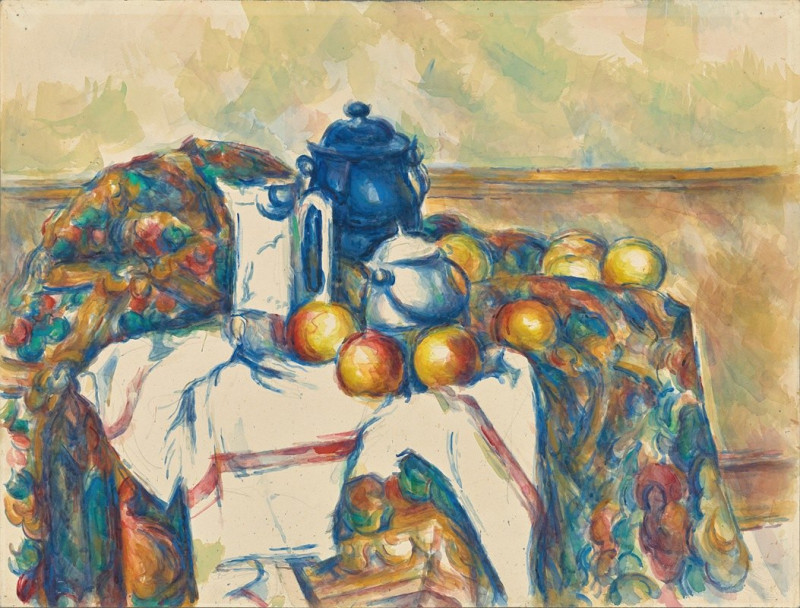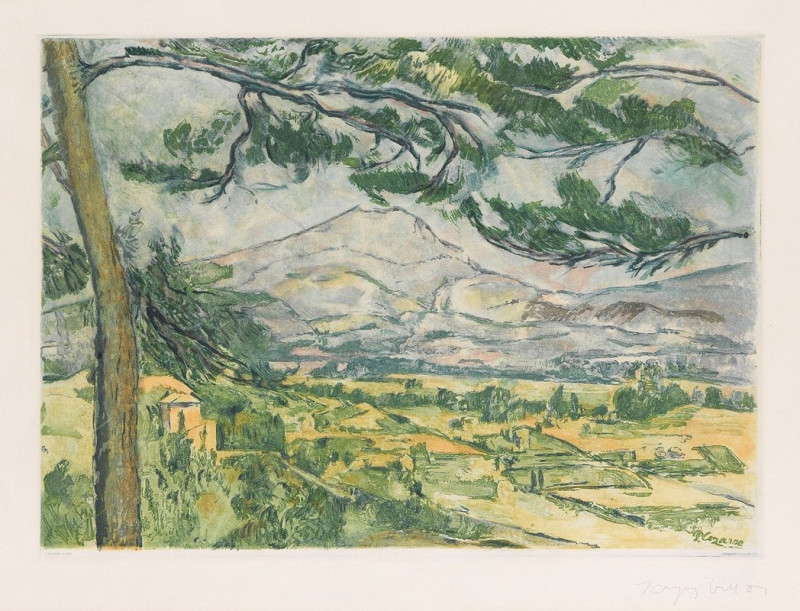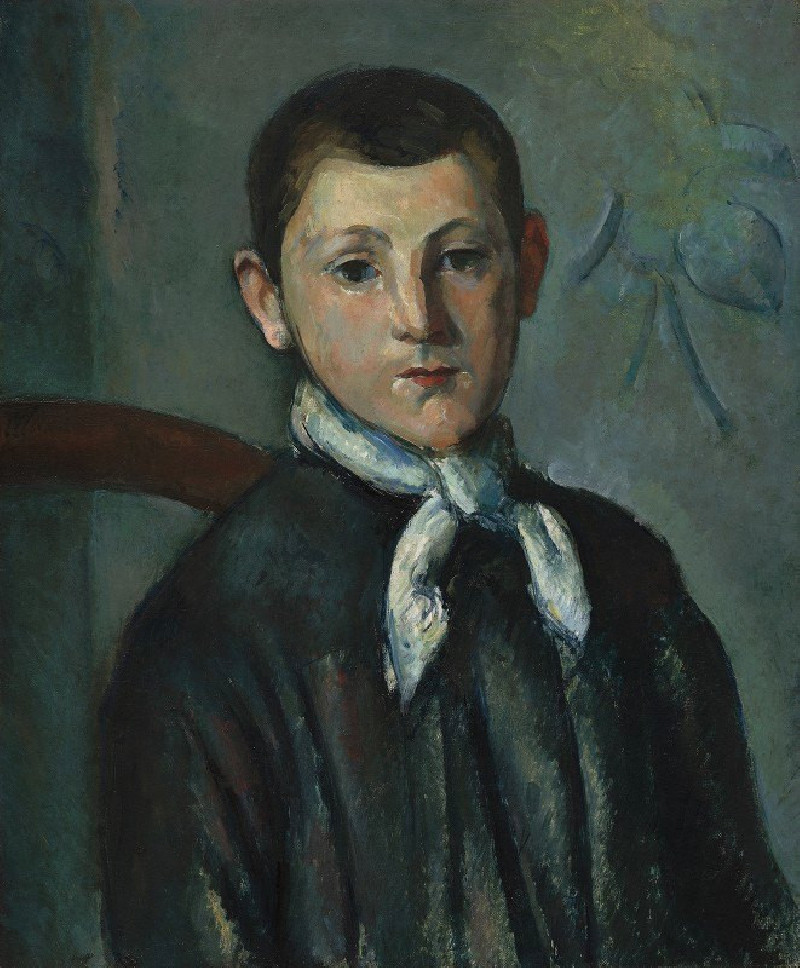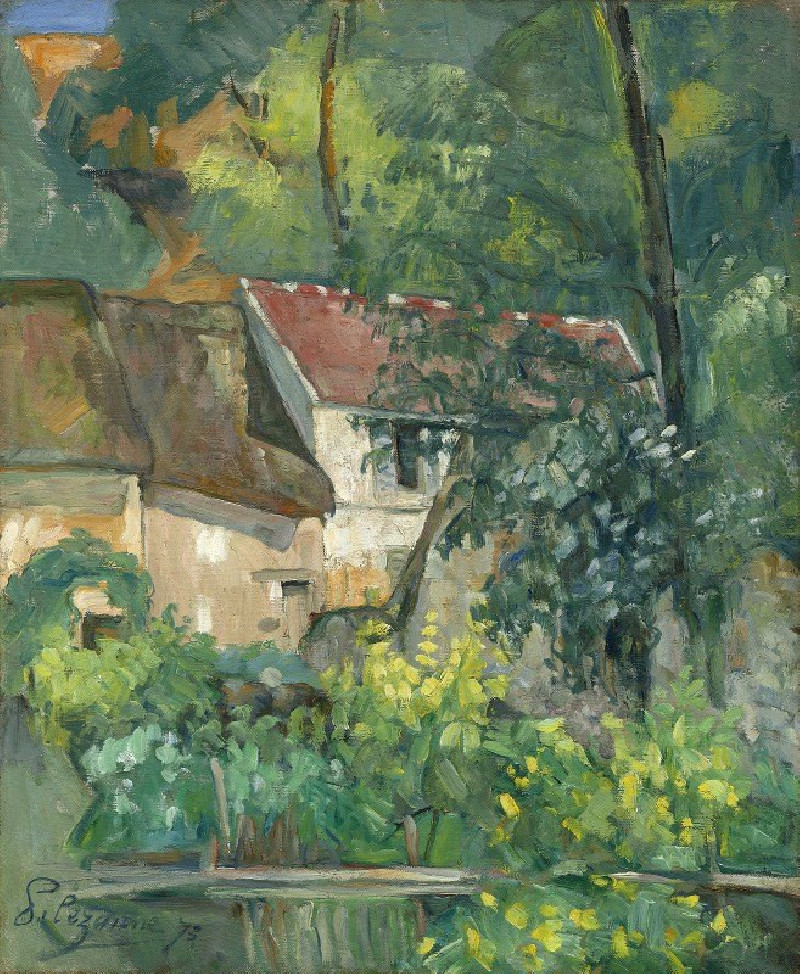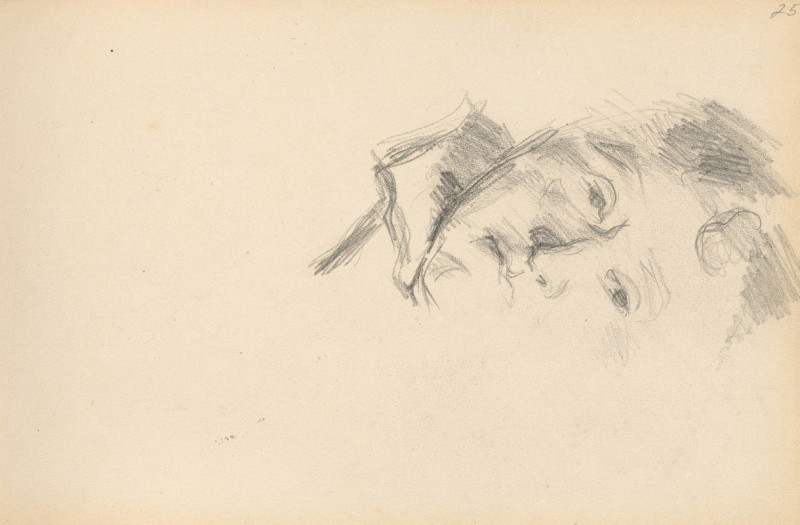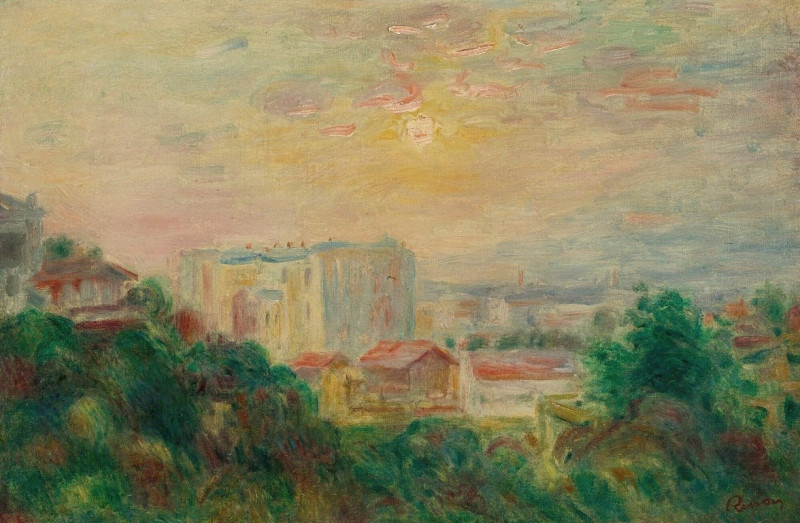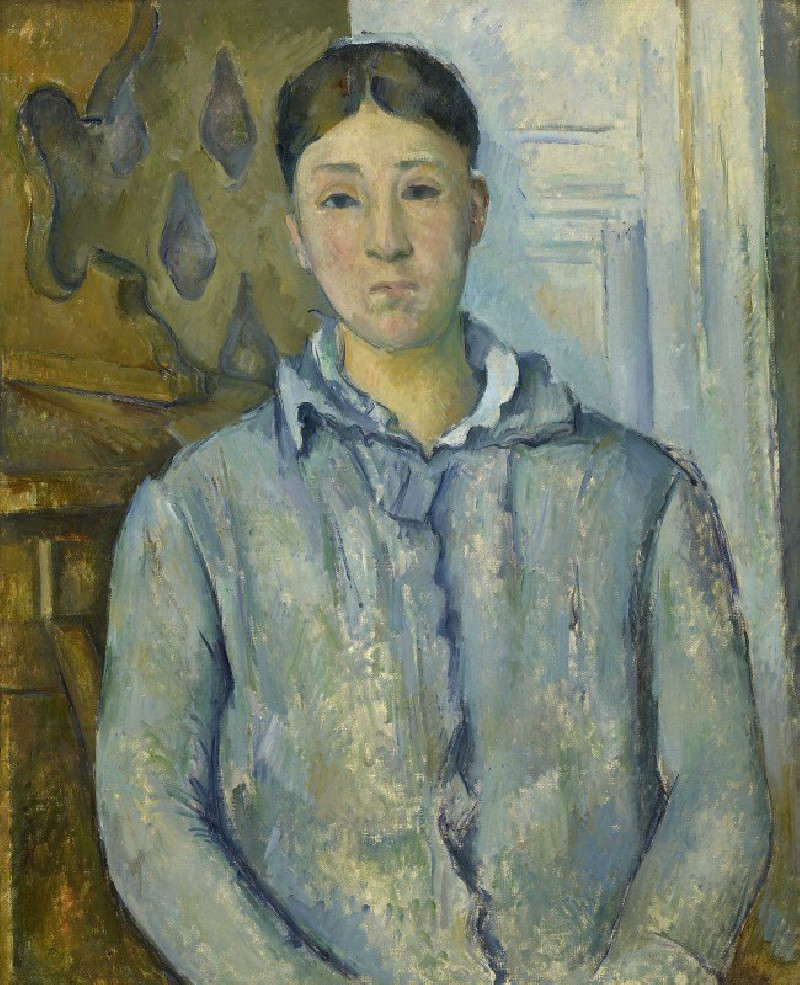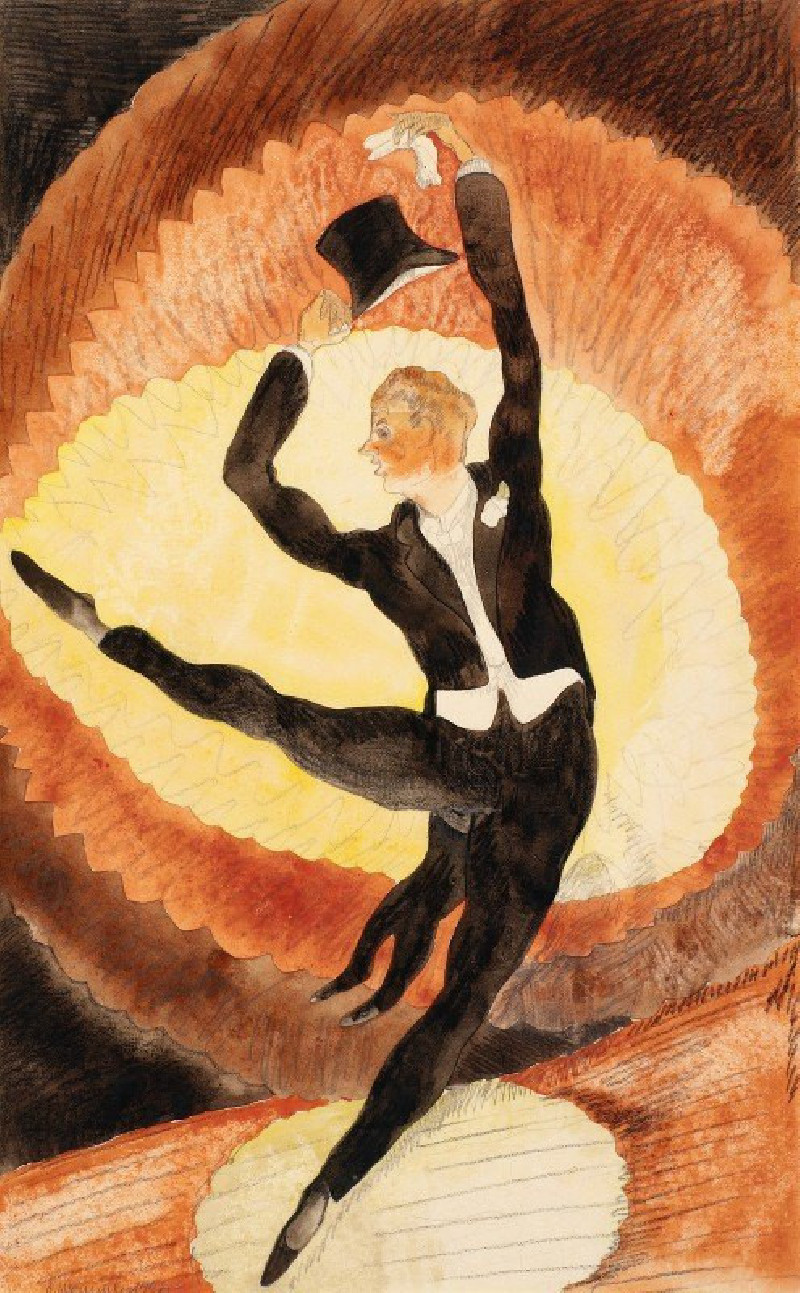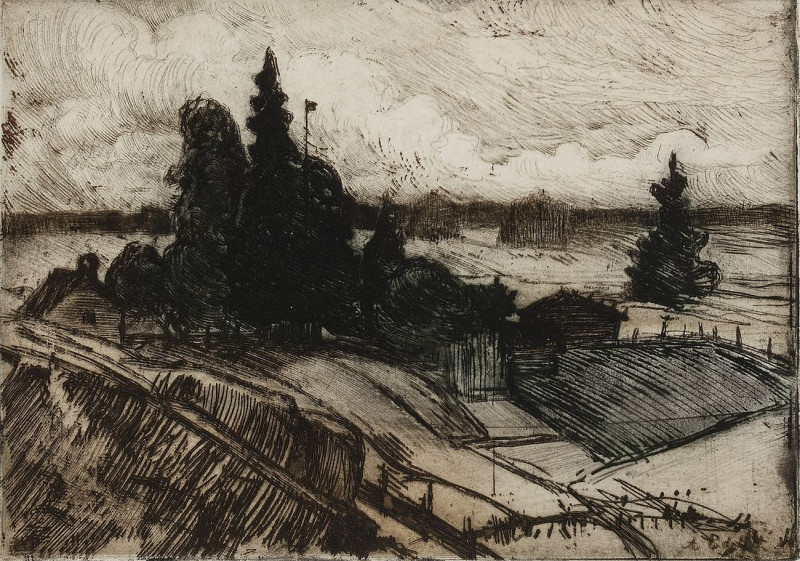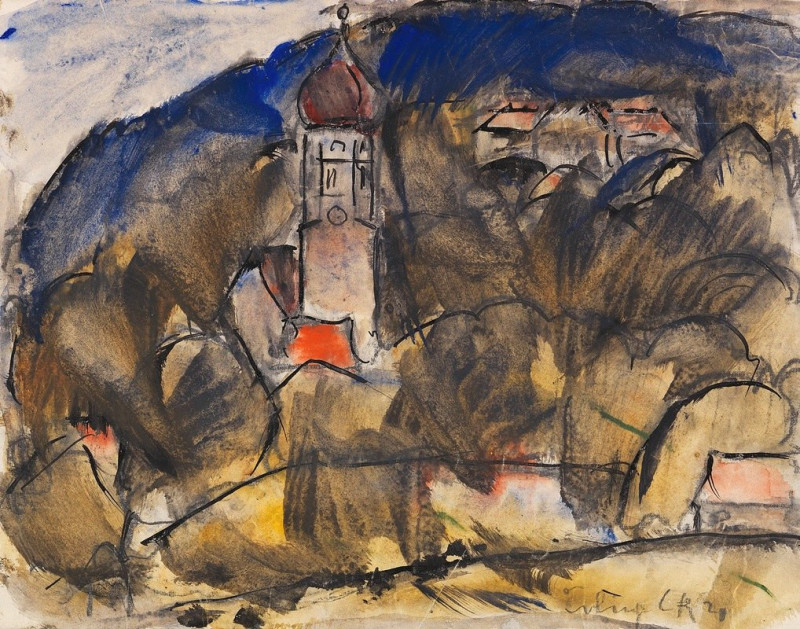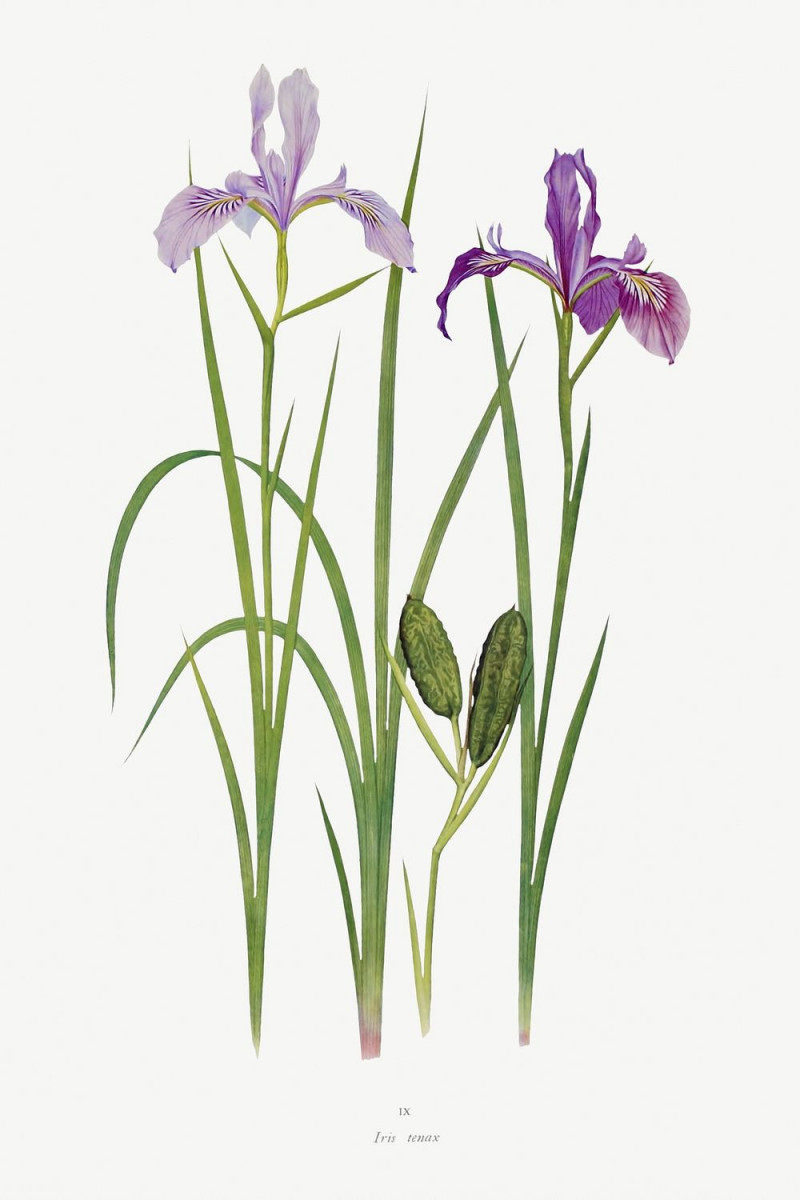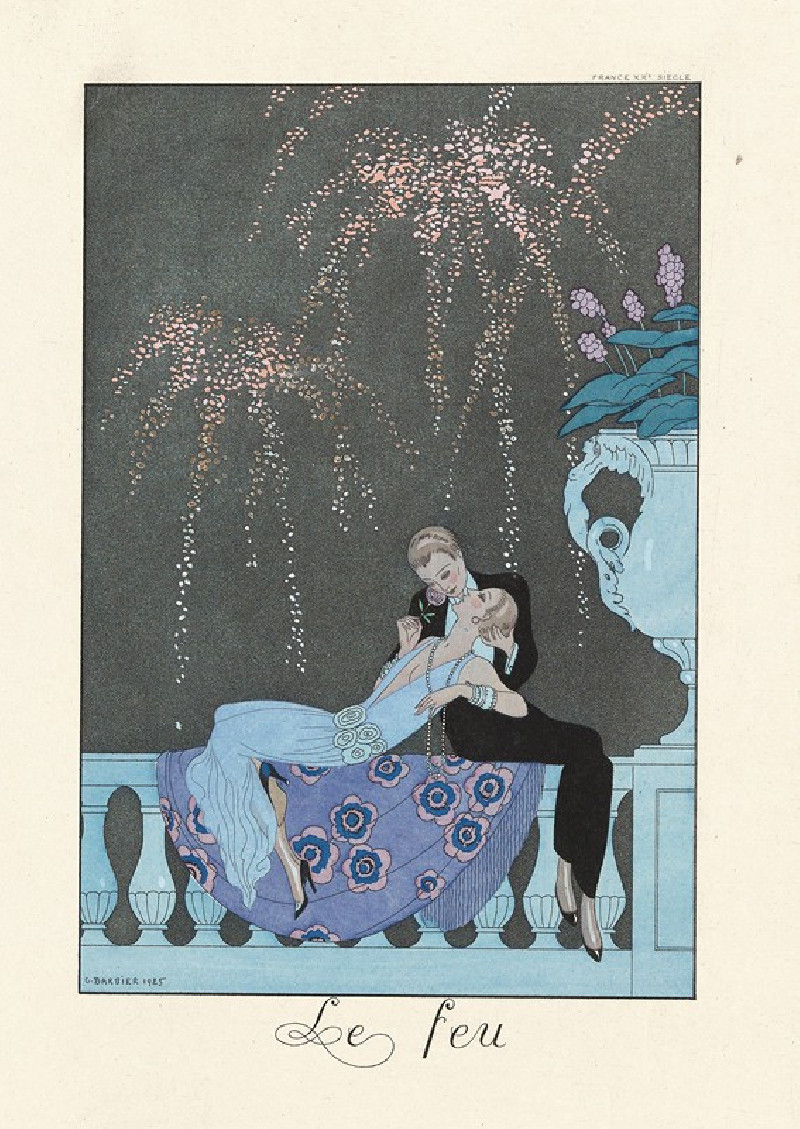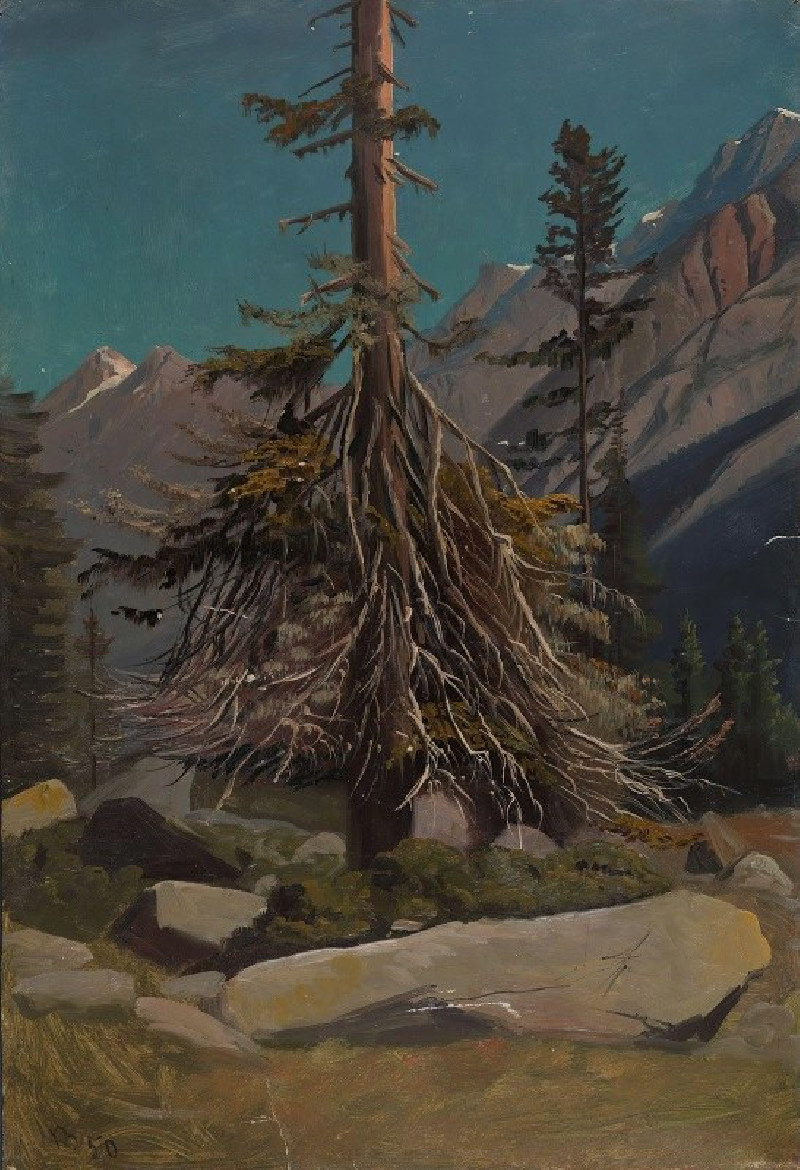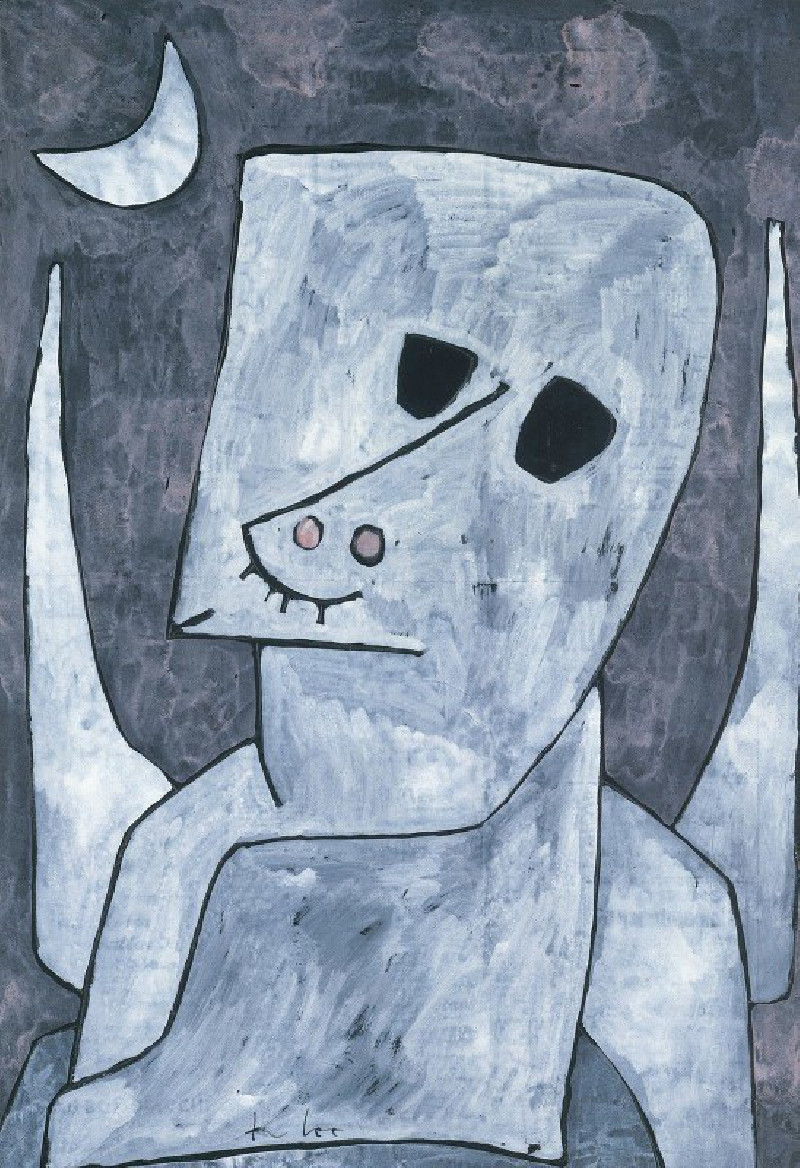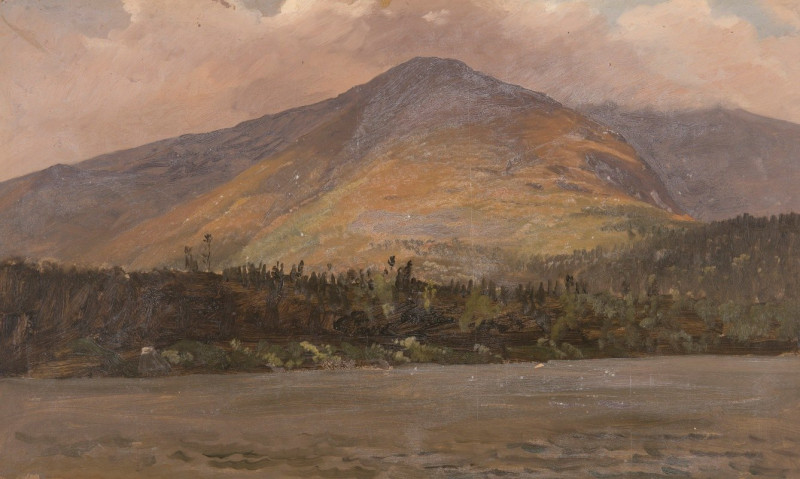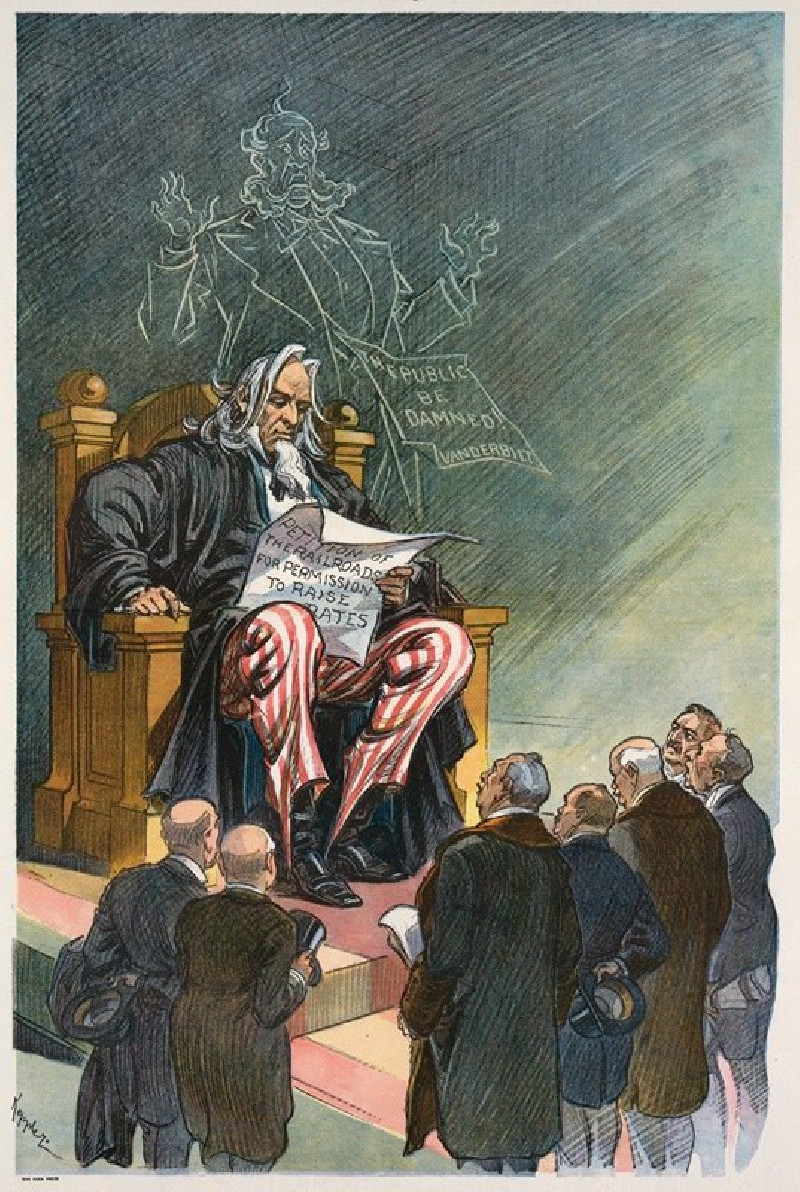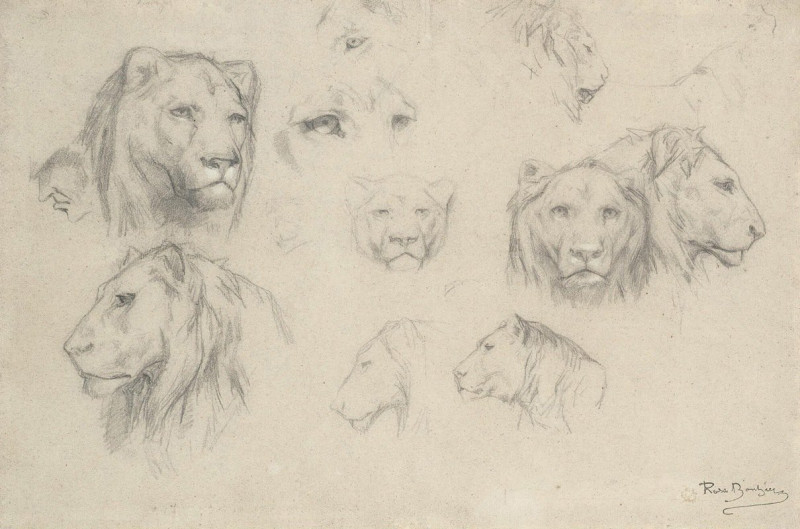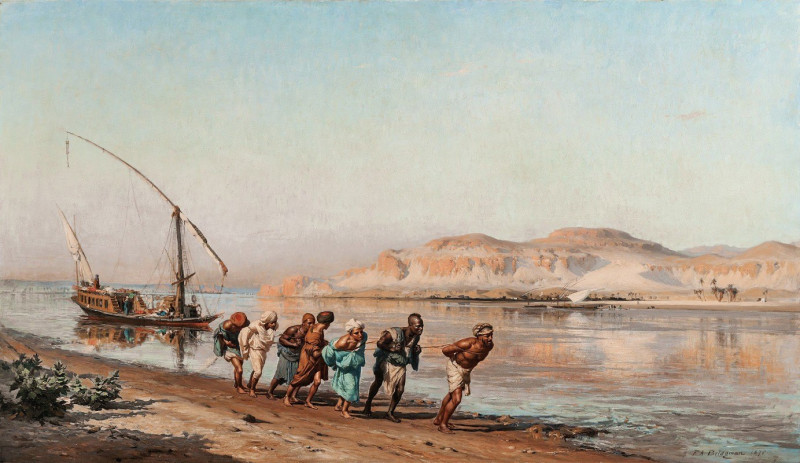Bellows in Front of a Fireplace (1887-1892)
Technique: Giclée quality print
Recommended by our customers
More about this artwork
Exploring the daily life elements with his masterful sketch, Paul Cézanne brings to life an unassuming object in "Bellows in Front of a Fireplace." Created between 1887 and 1892, this artwork highlights Cézanne's skills in transforming ordinary scenes into captivating studies with deep attention to form and detail.This sketch, rendered in pencil, delicately captures a pair of bellows, essential tools for stoking a fire, laid out in front of the hearth. The artwork is characterized by soft lines and gentle shading, emphasizing the worn textures of these tools, meant to breathe life into fire. The subtle details in the folds of the bellows and the wooden handle suggest its frequent use and functional essence.In this drawing, Cézanne not only reflects on the humble, everyday objects but also delves into the textures and materiality that these objects present. His work invites the viewer to appreciate the simple beauties of everyday items, often overlooked yet full of stories and significance in the domestic landscape.
Delivery
Reproductions are made to order and take 5 to 7 working days.
We send them out by courier and delivery takes another two working days.
If you need a reproduction sooner, please contact us - we can usually find a solution and produce it a little faster.
If you don't want to pay for postage, you can pick up your paintings at our galleries in Kaunas or Vilnius.
Returns
Yes, reproductions can be returned.
If you have any doubts more than 30 days after the date of purchase, please contact us - we will take the reproduction back for a refund or offer you a replacement!
We accept a maximum of two returns per customer - please note that we make reproductions to order, so please choose responsibly.
We do not refund shipping expenses.

